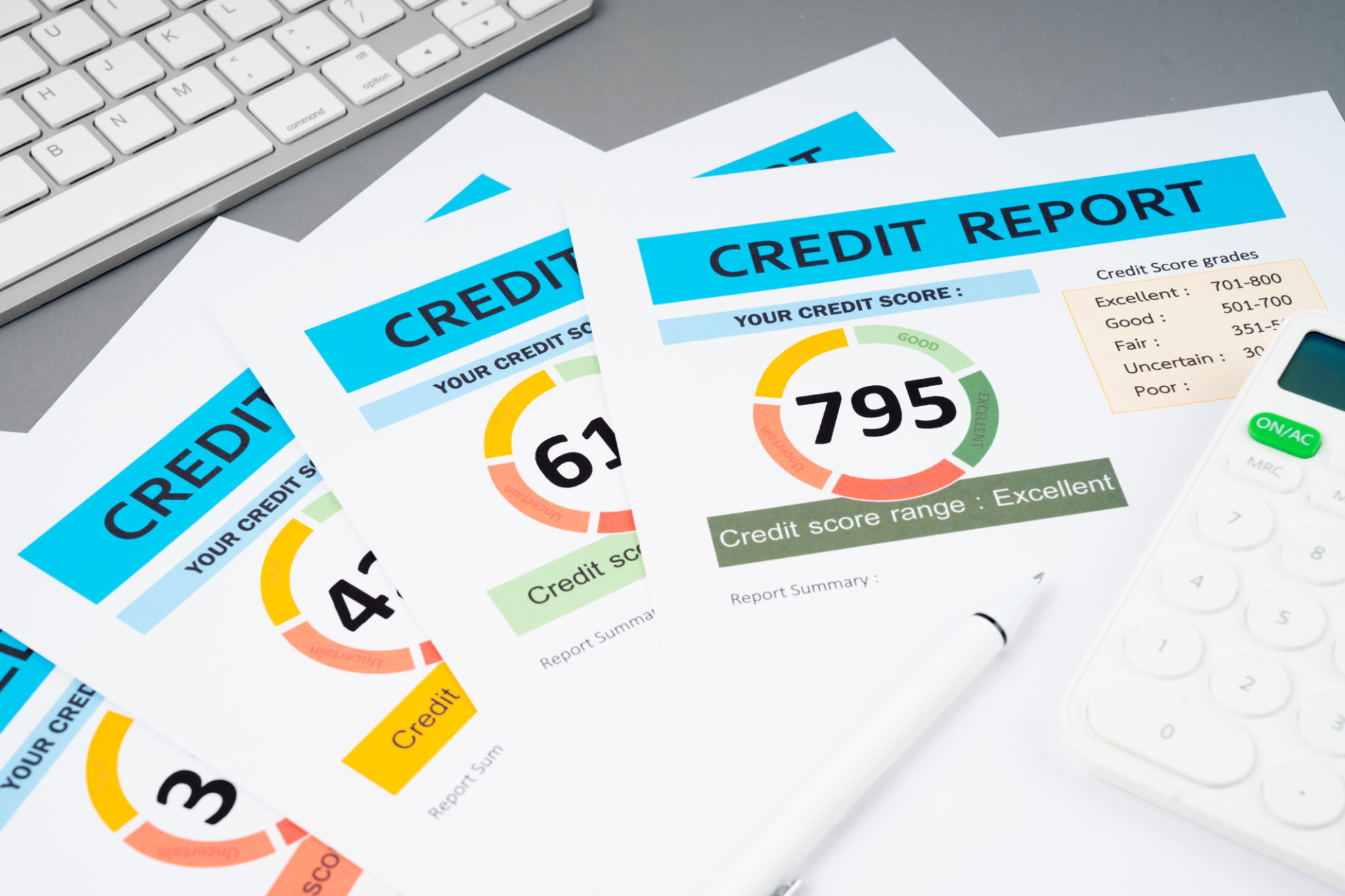Top Myths About Vehicle Repossession Debunked
Understanding Vehicle Repossession
Vehicle repossession can be a daunting experience, and unfortunately, there are many myths surrounding the process that can exacerbate the stress. It's essential to separate fact from fiction to better navigate any potential financial challenges. In this post, we will debunk some of the most common myths about vehicle repossession.

Myth #1: Repossession Agents Can Enter Your Home
One of the most pervasive myths is that repossession agents have the authority to enter your home or garage to seize your vehicle. In reality, repossession agents are not allowed to breach the peace. This means they cannot enter your home without permission, nor can they use force or threats to take your vehicle. If your car is parked in a locked garage, they cannot legally break in to repossess it.
Myth #2: You’ll Be Notified Before Repossession
Many people believe they will receive a warning before their vehicle is repossessed. However, in most cases, lenders are not required to notify borrowers before initiating the repossession process. Once you default on your loan, the lender has the right to repossess the vehicle without prior notice. It's crucial to stay in communication with your lender and address any payment issues proactively.
Myth #3: Repossession Destroys Your Credit Forever
While a repossession can significantly impact your credit score, it does not mean the end of your financial future. Over time, with responsible financial behavior, you can rebuild your credit. Paying off any remaining debt from the repossession, making timely payments on other accounts, and maintaining a low credit utilization ratio can help improve your credit score.

Myth #4: You Cannot Get Your Car Back After Repossession
Another common misconception is that once your car is repossessed, you have no chance of getting it back. In reality, many lenders offer a redemption period during which you can reclaim your vehicle by paying the outstanding balance and any associated fees. It's important to act quickly and understand the terms of your loan agreement to take advantage of this opportunity.
Myth #5: All Repossessions Are Reported to Credit Bureaus
While most repossessions are reported to credit bureaus, it is not a guaranteed outcome. Some lenders may choose not to report the repossession, but this is not something you can rely on. It's best to assume that any repossession will be reflected in your credit report and take steps to mitigate the damage by addressing your financial situation promptly.

Myth #6: Repossession Only Happens to Irresponsible People
Finally, there is a stigma that repossession only occurs to those who are financially irresponsible. The truth is, life circumstances such as job loss, medical emergencies, or unexpected expenses can lead to financial difficulties for anyone. If you find yourself struggling to make payments, it's essential to communicate with your lender to explore potential solutions like refinancing or deferment.
By understanding the realities of vehicle repossession, you can better prepare and protect yourself from unnecessary stress and financial hardship. Remember, open communication with your lender and proactive financial management are key to navigating these challenges.